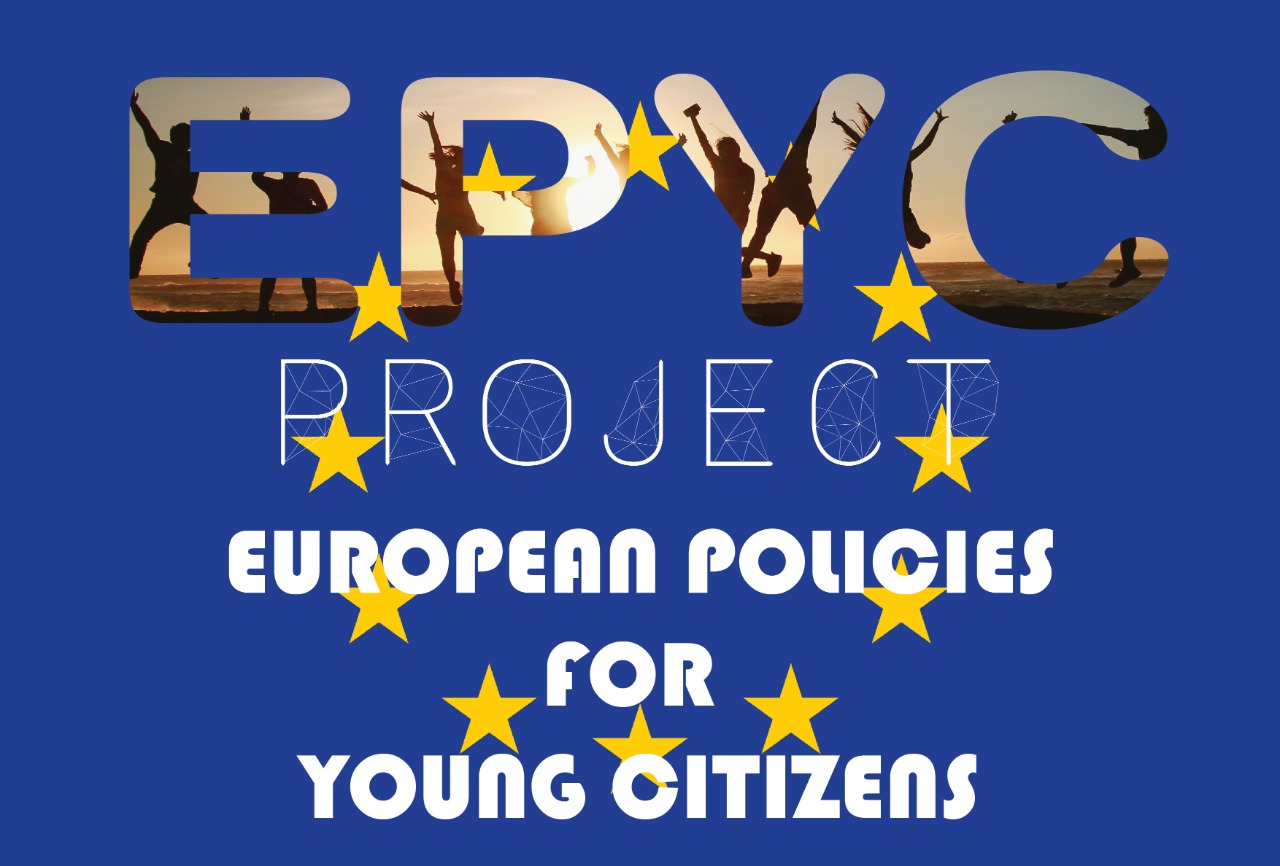European Policies for Young Citizens
Through non-formal educational methods, the project engages in contrasting low representation of young communities both at national and transnational levels.
The E.PY.C. project aims at orienting young European citizens for political decision-making processes and social engagement, in order to become agents of development and change. Through non-formal educational methods, the project engages in contrasting low representation of young communities both at national and transnational levels. E.P.Y.C originates from the shared necessity of promoting European values among young citizens in order to foster their democratic participation in the European Union.
This action is needed also due to the COVID-19 restrictions which has severely limited the activities of the young organizations. E.P.Y.C. project sets up a network of 4 youth organizations, supported by local public authorities connecting 16 young European citizens from Italy, Romania, Sweden and Germany.
The project fits into the European Union Youth Strategy 2019-2027 as it aims at identifying local best practices addressed to three goals: Inclusive Societies (EU Youth Goal #3), Sustainable and Green Europe (Goal #10), and Information and Constructive Dialogue (Goal #4). Through 1 webinar of orientation and training, 4 research sessions, 3 online workshops for discussion and sharing opinions, and 4 cross-border mobilities, young protagonists submit local best practices to 4 SWOT analyses and select them for their EU adaptation.
The final output consists in 4 European-designed political proposals on: Digital Democratic Tools, Smart Cities, Promotion of Peripheries and Gender Equality. Youth organizations, youngsters aged 24-30 and public authorities are the target groups of E.P.Y.C. as well as local communities. An E.P.Y.C. Guide is drafted and disseminated at the end of the activities to achieve a larger number of stakeholders (public authorities, youth associations and local communities) interested in implementing the proposals getting an active role in the network.
